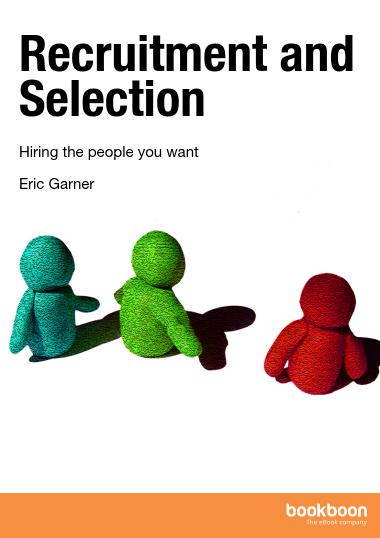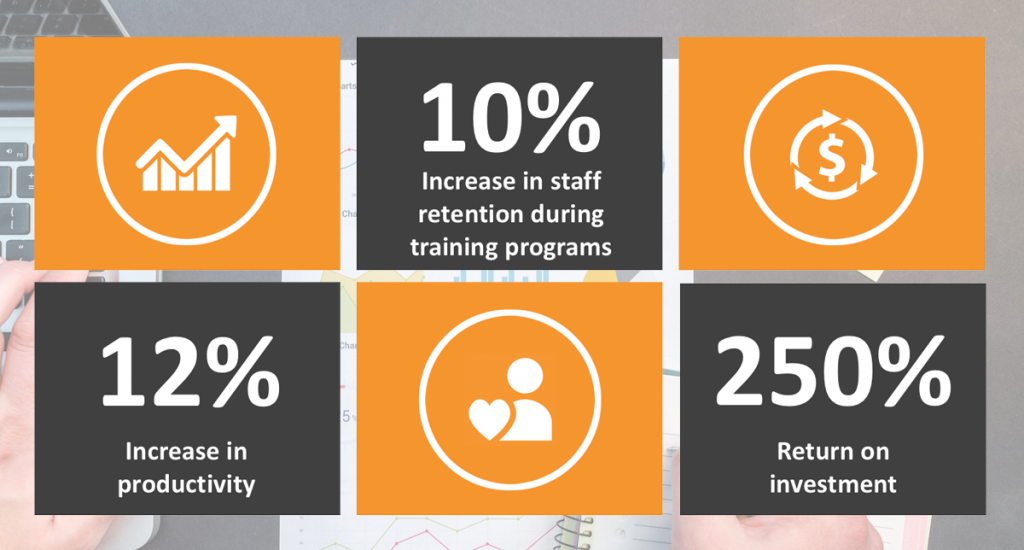7 expert recruitment tips by Eric Garner

What does it take to be a great recruiter? How do you find the right candidate? How can you avoid discrimination? ManageTrainLearn owner Eric Garner provides answers to these and more questions in the following lines. This interview will show you what you ought to know about recruitment. Read on!
1. In your eBook “Recruitment and Selection” you are talking about certain skills and characteristics a great HR professional needs. Can you name a few?
The recruiter’s role is multi-functional. It requires the wearing of a large number of hats and the application of a range of skills. These hats can be: manpower planner; job designer; marketing manager; copy writer; administrator; lawyer; match-maker; psychologist; project manager; communicator; influencer; persuader; negotiator.
You also need to be totally clued up about current employment legislation and your organisation’s policy. In my experience, while specific skills such as advertising and interviewing are valuable, the most important skill in successful recruiting is project management.
2. In your opinion, what is the best way to find the right candidate for a company (online, offline, internal, external)?
There are pros and cons in every method of recruitment. For example, while there are many cost advantages in confining your pool of candidates to current employees, your business or team may very well need an injection of new blood and fresh ideas which you could only get from external candidates.
Always ask the following 3 questions before you advertise your job vacancy: 1. Where are the people with the knowledge, skills and motivation I need? 2. How do I get to them? 3. How much will it cost? The answers to these questions will determine your strategy and how successful you are in getting the best candidates.
3. What do you need to keep in mind if you want to avoid prejudices when looking at a CV or job candidate?
As we say in our “Recruitment and Selection” bookboon.com book, there’s only one kind of prejudice that you should bring to recruitment – and that’s a prejudice in favour of people who can do the job. All other prejudices are unfair, harmful and possibly illegal.
That means some of the following “do’s”: do have a written recruitment policy; do train everyone who recruits; do ask every candidate the same job-related starter questions. And some of the following “don’ts”: don’t favour people who are like you or because you like them; don’t change job criteria to fit candidates; and don’t take into account what you already know about the candidate.
4. Have you ever encountered or heard of a situation where a recruiter discriminated against for example a woman in her late 20s/early 30s or a person belonging to a certain ethnic group?
Yes, many many times. Unfortunately, it still happens every day even in countries where there are laws against discrimination in recruitment. Remember that the recruitment process isn’t just about finding a job. It’s about finding a job with organisations with cultures that you want to work for.
If you experience discrimination from a recruiter, be brave and walk away. Don’t be a bowl beggar. The next time you go for a job, let the organisation know what is important for you and that you’ll be looking at them as much as they are looking at you.
5. As an interviewer, what questions should you not ask during an interview?
Recruiters should never ask what we call “no-go” questions. No-go questions include personal questions that are nothing to do with the requirements of the job; patronising questions; assumptive questions (ie drawing incorrect conclusions); double-headed questions; leading questions; put-down questions. Above all, never ask “killer” questions to throw candidates, humiliate them, or test them. Your aim as a recruitment interviewer is to gather evidence about whether a candidate meets the job criteria. Nothing else.
6. In your book you also stress the importance of staying fair. How can you stay fair?
Most of us aren’t brought up to be fair. We tend to put self-interest before the needs of others. But all the research shows that organisations which practice fair recruitment are more attractive and better regarded than those that don’t.
In our recruitment courses at ManageTrainLearn, we often re-create a classic experiment carried out in America in the 1960’s called “Brown Eyes, Blue Eyes” where for one day a school in Iowa decided to treat blue-eyed children more favourably than brown-eyed children. It never fails to bring home to people the corrosive effects of being treated unfairly by others. Experience unfairness at first hand and it invariably makes you fairer towards others.
7. What is your career path advice for a student or graduate who would like to work in the field of HR?
1. Get trained and qualified and never stop learning
2. Find a mentor who is a good “people” person and learn everything you can from them
3. Find a business whose culture matches your own values.




